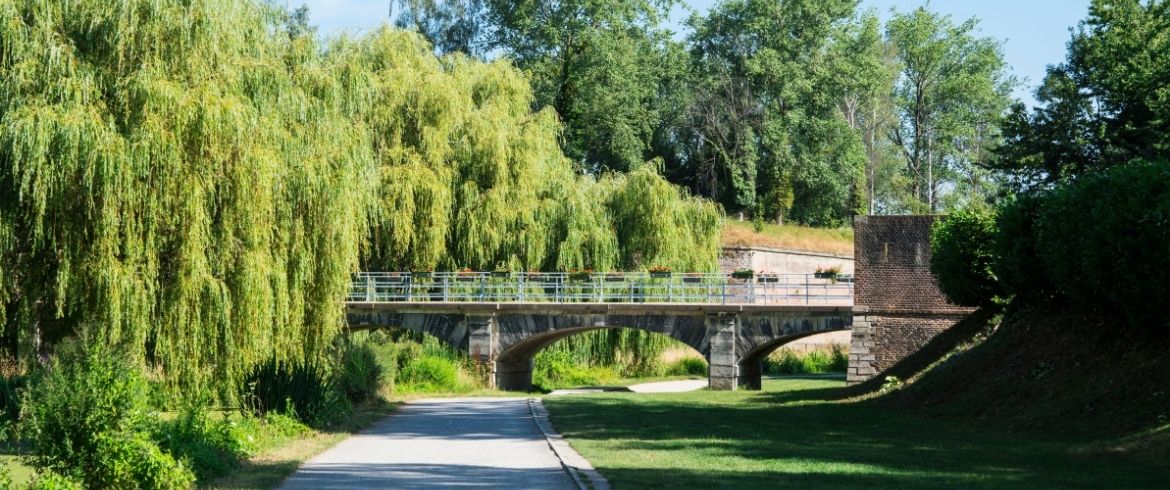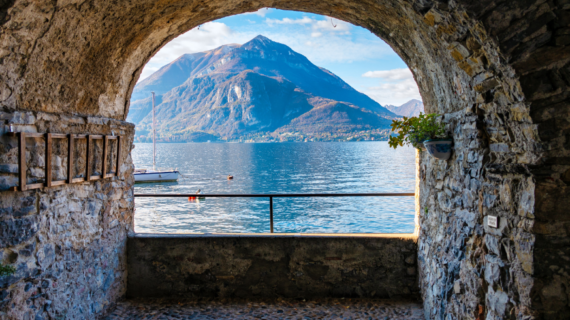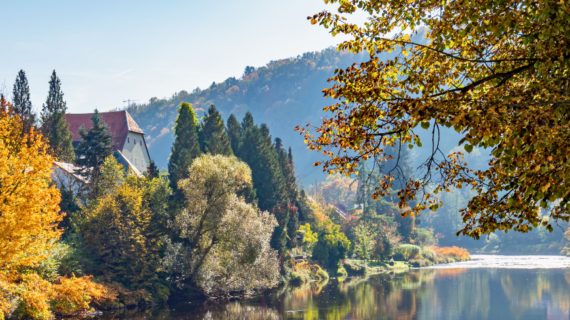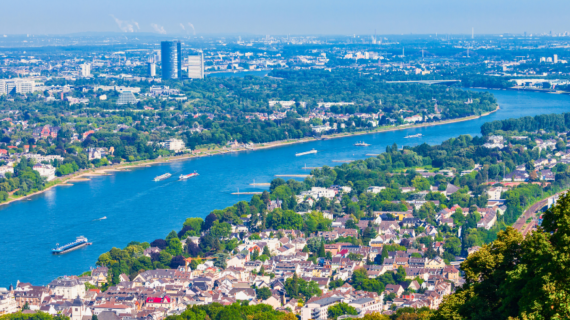Lille is the capital of Flemish France. Discover the monuments you cannot miss and the best local food to try.
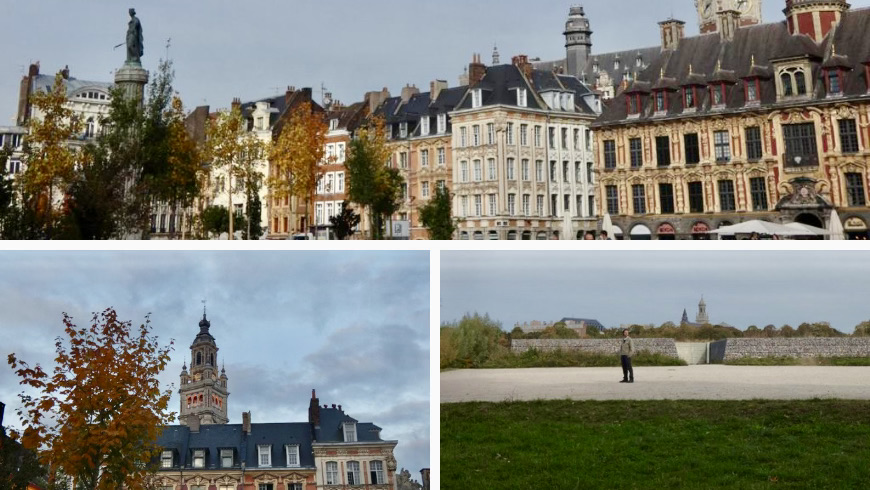
Lille has been part of France for over three centuries, but its atmosphere still retains the style of the squares of Flanders. And indeed, the historic centre, the “Vieux Lille“, is a catalogue of palaces and streets reminiscent, not to sound disrespectful, of Brussels or Ghent. Lille is the capital of Flemish France. The most frequently asked question is: are the vibes French or Flemish? It is difficult for the visitor to clarify this doubt.
Fast train connections have made it easily accessible on routes between Paris, London and Brussels and designer boutiques have sprung up everywhere, turning it into a little capital city, as it once was. Follow Adrien’s tips, a french friend who lived in Lille for 5 years, and feel like a local.
1. What to visit
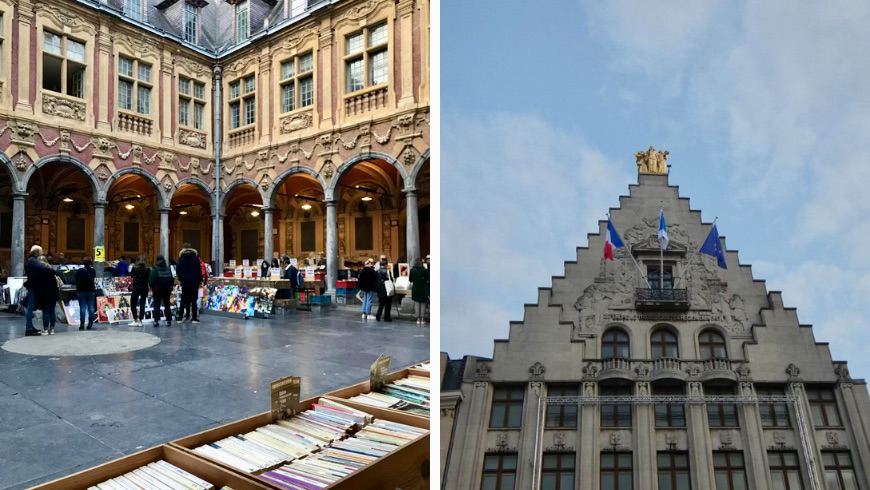
The starting point for visiting the city is undoubtedly its old part. Walking through the winding alleyways you can see the long history and a particularly lively tour on a Sunday when the Wazemmes market takes place, large and always full of people and sounds, a dip in an atmosphere of northern flavours mixed with the sound of an accordion.
Surely you cannot miss:
- “La Vieille Bourse” The old stock exchange. A large ochre-coloured building on a red background, in the centre of which stands a small red pinnacle supporting the statue of Mercury.
- “La grand place“.
- The cathedral of Notre Damme de la Treille.
- The Comtesse Hospital, a former hospital housing a museum of Flemish art, dates back to the year 1237 by Countess Jeanne de Flandre and remained active as a nursing home until 1939.
- The Palais des Beaux-Arts. The collection includes paintings by great masters such as Donatello, Raphael, Rubens, Van Dyck, Rembrandt, El Greco, David and Toulouse-Lautrec.
- The Musée d’Art Moderne.
- De Gaulle Square and De Gaulle’s House.
- The Citadel, a small fortified city within the city, dates back to the year 1670 at the behest of Louis XIV in the shape of a star and imposing ramparts with a perimeter of over two kilometres. It is now a park and green space near the centre where you can relax and play sports.
- The flea market. Every first weekend in September, Lille becomes the home of Europe’s largest flea market. This is the Mercato de la Braderie, a unique event that attracts more than two million people from many countries each year in search of business and entertainment.
- La gare saint sauveur. This is a cultural and leisure space located in Lille, a stone’s throw from the Parc Jean-Baptiste Lebas.
2. Taste the local food in the best Estaminets
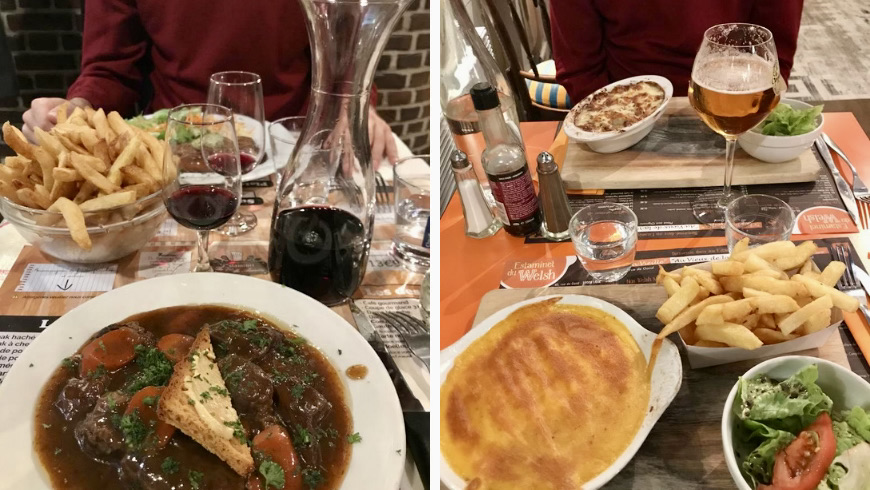
The local pubs ‘estaminet‘ are always full: stop and eat the local stews (carbonade), soups such as waterzoï and welsh. Then treat yourself to a Flemish beer. The best estaminets in the city that you can’t miss are the following:
- Du Welsh. Here taste the classic Welsh and “Le Chti” with the typical local cheese “il Maroilles”.
- La Vieille Assiette. Here the staff is amazing. The chef at the end of your meal will pass by your table asking how the dinner was. “La Carbonnade Flamande” is delicious. A real local experience.
- Chez la vieille. A very typical place where you can eat very well. The dishes and products on offer are excellent and typical. You cannot miss the welsh and there are other typical northern dishes.
- La vieille France. In this beautiful room filled with all kinds of antique decorations, you can enjoy great music, great service and very pleasant staff!
- Le Ritjsel. Ideal place for Flemish cuisine and local craft beer.
3. Drink the best cocktails in local bars
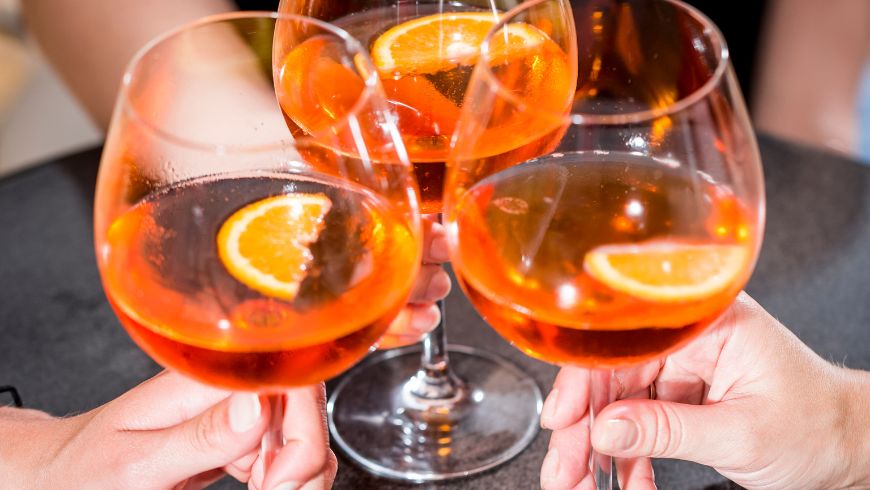
Lille offers an excellent range of bars where you can enjoy the city’s best cocktails.
- Le Macundo. Very good for cocktails, especially the Mojito.
- Le Joker. It’s very good for cocktails.
- La Capsule. Ideal for beer lovers.
- Zythum. Various choices of beers, loud music, studenty pub. Nice for a quick pint on a Sunday evening.
- La Luck. What is it? A playful brasserie, ideal for drinking, eating and playing.
- Starway. It is located in the heart of the rue de la Halle, in the depths of the well-known old Lille district. It is known for attracting rock fans of all kinds.
- Cafe Oz. Also called the Australian bar, it is one of the most popular bars for students in Lille. You come here for the place itself: a spacious and warm interior with original wooden furniture, hand-painted frescoes and above all a large terrace.
- The Oxford Café. It has existed since 1997. Behind the counter, the famous Jacky sends the beers to the customers between two ‘Vannes in Ch’ti…. and gives the start around 11 pm to the musicians who feel a bit at home.
4. Don’t miss the Roubaix swimming pool
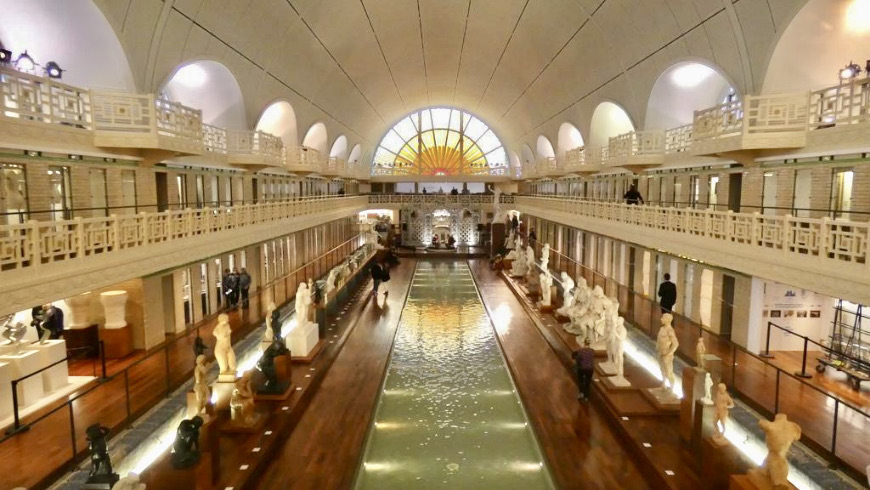
“La Piscine“, or the André-Diligent Museum of Art and Industry, is a museum in Roubaix exhibiting composite collections of applied and fine arts from the 19th century onwards, including textiles, decorative arts, sculptures, paintings and drawings. There is a former Art Deco swimming pool, dating back between 1927 and 19321 by Lille architect Albert Baert, hence its nickname ‘La Piscine’.
Now registered as a 20th-century heritage site, at the time this pool offered high-quality sports and hygiene services with an innovative social operation that presented the image of a working-class municipal team capable of promoting exceptional and prestigious projects. When it opened in 1932, the pool revealed itself as a political and social programme. Indeed, given the beauty and efficiency of the site, it gave rise to theatrical rationalism. The pool had the function of a sanctuary for hygiene in response to the difficult living conditions of the working class.
5. Visit the Scarpe-Escaut Regional Nature Park

The Scarpe-Escaut regional park is located in the North of France. The park was established in 1968 and is the first of the regional nature parks in France, and one of three parks in the Nord-Pas de Calais region. It has an important industrial and mining heritage in the region. This is the smallest but most densely populated and urbanised of the 48 regional nature parks certified by the Ministry of Regional Planning and the Environment.
It comprises 55 classified communes and covers 48,500 hectares between Valenciennes, Douai and Lille, and has a population of around 190,000. This is one of the places the game warden system set up by the Regional Council was tested or the collection of agricultural waste (including used tyres covering agricultural silos) and decline when the so-called green belt to the green and blue belt of the Nord-Pas-de-Calais region. With the Scheldt Plain Nature Park, created by the Walloon Region in Belgium in 1996, it formed the Hainaut Border, Nature Park.
Crossed by the Scarpe and Escaut rivers, the Scarpe-Escaut Regional Nature Park covers 43,000 hectares. The forest of Raismes-Saint-Amand-Wallers, excellent for walks, and the thermal resort of Saint-Amand-les-Eaux are some of the places to discover.
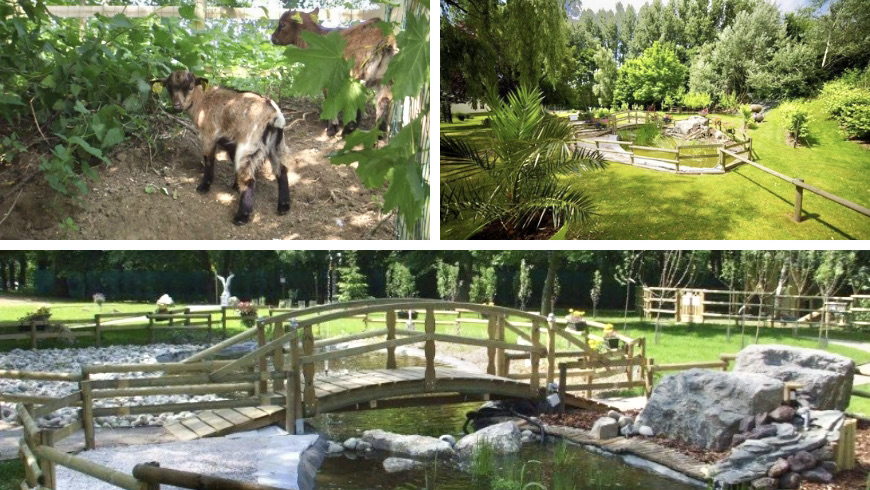
Stay at the Comfort Hotel Garden in the heart of a 4000 m² green park and enjoy this wonderful local experience!
Cover Image: bridge and path along the Lille Cittadelle, in France. Photo by Corinne Poley, via Getty Images, Canva PRO
